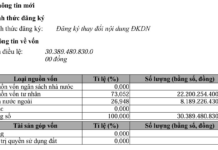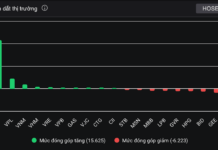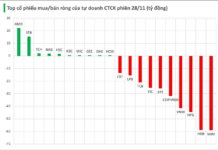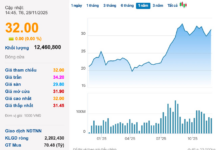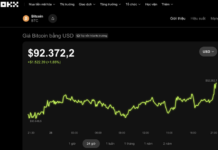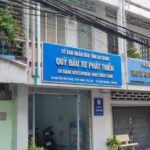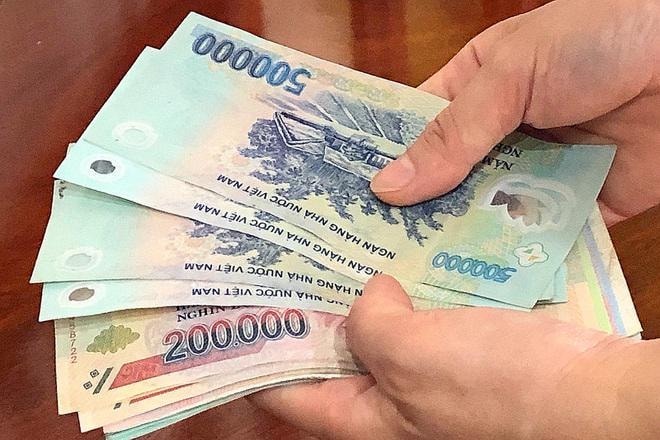
A query was submitted via the Government’s Portal, in which Mr. M.V. Quang stated that due to delayed payment on a financial company loan, he was placed in the Group 5 bad debt category on the National Credit Information Center of Vietnam (CIC) database. On July 7, 2022, Mr. Quang settled the aforementioned debt in full.
Currently, Mr. Quang wishes to apply for a mortgage loan from a bank but has been repeatedly denied due to his bad credit history. Previously, if a customer had bad debt with an outstanding balance of less than VND 10 million, CIC would immediately cease providing information after the customer settled the debt, thus ensuring their ability to access loans was not impacted.
Mr. Quang reached out to the Government Portal seeking clarification on the following: Which authority has the jurisdiction to handle this matter?
In response to this query, the State Bank of Vietnam provided the following information:
According to data reported by the financial company, Mr. Quang was classified as a bad debt due to overdue payments with an original debt balance of VND 5 million, which was fully settled as per the report on July 31, 2022.
In accordance with Clause 1, Article 11 of the State Bank Governor’s Circular No. 03/2013/TT-NHNN dated January 28, 2013, on the credit information activities of the State Bank, CIC will provide Mr. Quang’s historical bad debt information for a maximum period of 5 years from the date of settlement. Therefore, CIC does not have a basis for deleting Mr. Quang’s historical bad debt information as requested.
Despite his history of bad debt, Mr. Quang has not had any overdue payments since July 31, 2022, and is currently classified by credit institutions as having a standard debt, which has significantly improved his credit score. Specifically:
As of the scoring date of July 22, 2022, Mr. Quang had a credit score of 485, ranking 8/10 (below average). By the scoring date of July 22, 2024, his credit score had improved to 571, ranking 6/10 (average risk).
CIC recommends that Mr. Quang continue to make timely and full payments to further enhance his credit score in the future.
To proactively check his credit information and score, and to access official credit products offered by credit institutions in the area, Mr. Quang can log in to his registered account on the CIC Credit Connect application or visit the CIC website for online support.
“Overcoming a Financial Stigma: How a Previous 5 Million VND Debt Affected My Mortgage Eligibility”
Mr. Quang is currently classified as a subprime borrower, but he continues to face challenges in securing mortgage loans from banks due to a previous bad debt of VND 5 million, which he fully settled in 2022. This past financial hiccup has cast a long shadow, causing lenders to view him with suspicion and hindering his efforts to obtain the funding he needs. It’s a frustrating situation for Mr. Quang, who is striving to rebuild his financial reputation and secure a stable future for himself and his family.
The Inspector General’s Report: Unraveling the High Rate of Non-Performing Loans at An Giang Development Investment Fund
The latest lending data from An Giang Province’s Investment and Development Fund reveals a worrying trend. In 2022 and 2023, non-performing loan rates surged to alarming levels. By the end of 2023, total outstanding debt had climbed to over 80 billion VND, with non-performing loans accounting for a staggering 43.6 billion VND – that’s over 54% of the total debt. This presents a significant challenge and underscores the urgent need for effective strategies to address this issue.
Enhancing NIM: Tackling the Ongoing Challenge
Speaking to the Bank Times journalist, Dr. Le Duy Binh, Executive Director of Economica Vietnam asserted that restoring the net interest margin (NIM) to a higher level is a challenging task for the banking system. The immediate solution lies in focusing on optimizing operating costs, enhancing governance capabilities, accelerating digital transformation, and increasing the CASA ratio to improve NIM.












